Related Research Articles
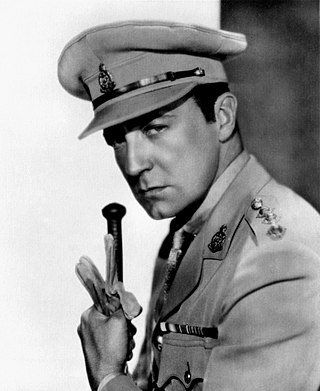
Clifford Hardman "Clive" Brook was an English film actor.
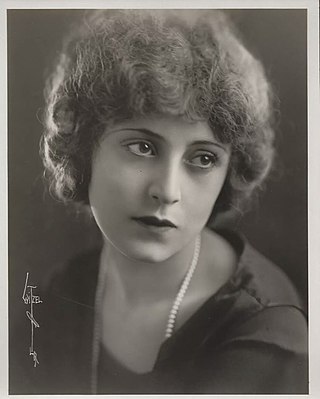
Virginia Brown Faire was an American silent film actress, appearing in dramatic films and, later, in sound westerns.
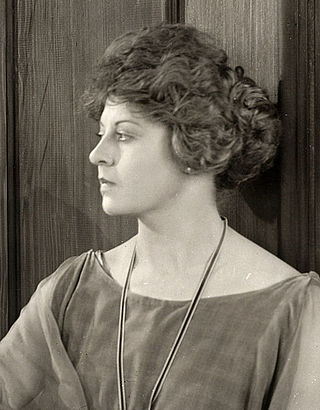
Gertrude Astor was an American motion picture character actress, who began her career playing trombone in a woman's band.
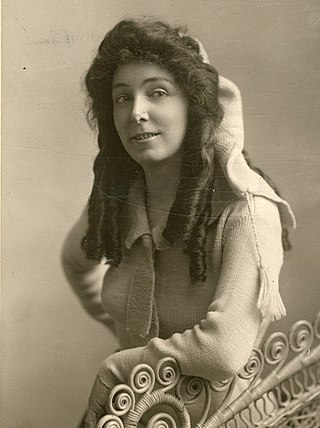
Edythe Chapman was an American stage and silent film actress.

Dorothy Revier was an American actress.
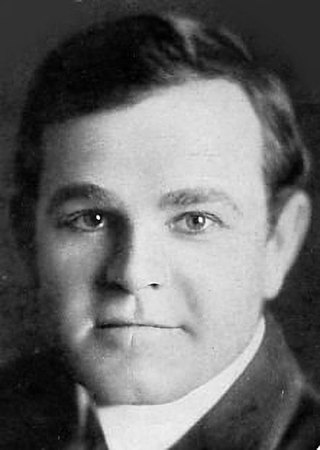
George Guy Oliver was an American actor. He appeared in at least 189 silent film era motion pictures and 32 talkies in character roles between 1911 and 1931. His obituary gives him credit for at least 600. He directed three films in 1915.

Robert Frazer was an American actor who appeared in some 224 shorts and films from the 1910s until his death. He began in films with the Eclair company which released through Universal Pictures.
William Axt was an American composer of nearly two hundred film scores.
Walter Summers (1892–1973) was a British film director and screenwriter.
Lost Patrol is a 1929 British silent war film directed by Walter Summers and starring Cyril McLaglen, Sam Wilkinson and Terence Collier. The film was made at Welwyn Studios by British Instructional Films. It was based on the 1927 novel Patrol by Philip MacDonald. It was remade in 1934 by John Ford.

The Crimson Circle is a 1936 British crime film directed by Reginald Denham and starring Hugh Wakefield, Alfred Drayton, and Niall MacGinnis. It is based on the 1922 novel The Crimson Circle by Edgar Wallace. It was made by the independent producer Richard Wainwright at Shepperton and Welwyn Studios.
Welwyn Studios was a British film studio located at Broadwater Road, Welwyn Garden City, in Hertfordshire. The facility operated between 1928 and 1950.
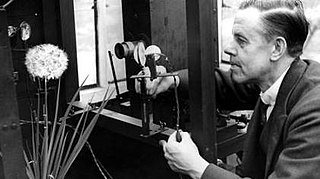
Frank Percy Smith was a British naturalist and early nature documentary pioneer, who explored time-lapse photography, microphotography, microcinematography, and animation.
Secrets of Nature was a British short black-and-white documentary film series, consisting of 144 films produced between 1922 and 1933 by British Instructional Films, which filmmaker, historian and critic Paul Rotha described in 1930 as "the sheet anchor of the British film industry". A second series of films from the same team, under the title Secrets of Life and backed by Gaumont-British, followed between 1934 and 1947.
The Ideal Film Company was a British film production and distribution company that operated between 1911 and 1934.
Günther Krampf was an Austrian cinematographer who later settled and worked in the UK. Krampf has been described as a "phantom of film history" because of his largely forgotten role working on a number of important films during the silent and early sound era. Only two of Krampf's films The Student of Prague (1926) and The Ghoul (1933) were expressionist, as he generally used a naturalistic style.
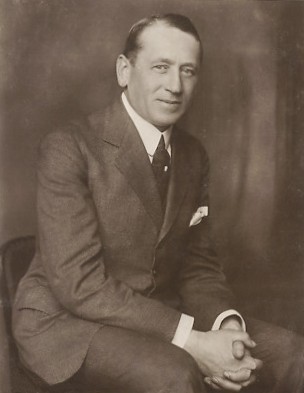
Eugen Burg was a German actor. His daughter was Hansi Burg. Burg was a close friend of the actor Hans Albers.
Harry Bruce Woolfe CBE, was an English film producer and occasional director who founded British Instructional Films. The company focused on documentaries, nature films, and works concerning World War I. He was himself a veteran so had an interest in using film to re-enact the war. This links to his being referred to as an "ardent imperialist" who intended to tell heroic stories of said war. In addition to work on war films he initiated the Secrets of Nature series.
Hermann Picha was a German stage and film actor. Picha was extremely prolific, appearing in over 300 short and feature films during the silent and early sound eras. Picha played a mixture of lead and supporting roles during his career. He played the title role in the 1920 film Wibbel the Tailor, directed by Manfred Noa. He appeared in Fritz Lang's Destiny.
John Maxwell (1879–1940) was a British film producer. Maxwell was the co-owner of British International Pictures, which emerged as the largest British studio following the Film Act of 1927. Maxwell was a Scottish lawyer who first came into contact with the film industry in 1912. In 1927 he took over the newly constructed British National Studios in Elstree after its founders ran into financial problems. Maxwell built a vertically integrated company incorporating film production, film distribution, initially through Wardour Films, and a large network of cinemas that enabled the company to compete with the leading German and Hollywood firms. Along with the facilities in Elstree, the company also acquired Welwyn Studios in Welwyn Garden City.
References
- ↑ Low p.129-132
- ↑ Dixon, Bryony. "Secrets of Nature (1922–33)". BFI Screenonlinee. Retrieved 15 November 2021.
- ↑ "Unveiling the Secrets of Nature". The Bioscope. 19 July 2010. Retrieved 15 November 2021.